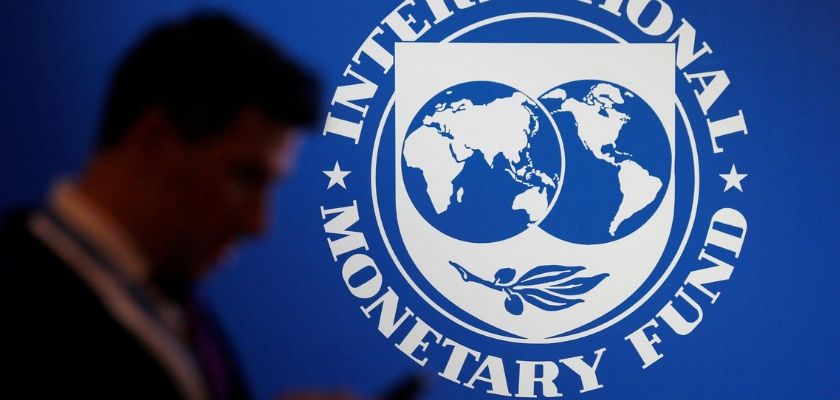Big Tech’s super-lucrative gaming of the tax system is one party that might be soon coming to an end.
That’s if finance ministers of G20 – a group of 19 countries and the EU – go ahead with a plan announced at their meeting in Japan, and live up to their declared commitment to take action.
A report from Reuters quoted a draft communique as saying that G20 members would “redouble their efforts for a consensus-based solution with a final report by 2020.”
The communique refers to the problem as “the tax challenges arising from digitization.”
What this means is that tech giants like Facebook, Google, and Amazon are consistently seeking, and finding ways to pay minimal corporate taxes, by rerouting their profits through countries like Ireland.
In fact, Ireland’s considerable “tech appeal” has been all politics and business and little technology – namely, the country’s extremely low corporate taxes.
Now, if France and the UK have their way and force the large tech companies to start paying “fair taxes” Ireland might see its own economy on the losing end, the report noted.
Another country that’s unhappy with the plan – and a whole lot more powerful one, therefore capable of influencing the situation – is the United States. And as Big Tech members are US companies, it appears that Washington is acting out of a desire to protect them from what it sees as unfair targeting by the EU.
In fact, on Saturday, Treasury Secretary Steven Mnuchin said the US had “significant concerns” about the Anglo-French tax reform proposal, that includes a minimum corporate tax.
A while later, Mnuchin heard the arguments from Paris and London and revealed that the two-day G20 summit in Fukuoka had yielded “a strong consensus” about the goals of the planned reforms, that could result in an agreement whose technical details are yet to be hammered out – and this could be done by 2020.
France’s finance minister, Bruno La Maire argued that governments “cannot explain to a population that they should pay their taxes when certain companies do not because they shift their profits to low-tax jurisdictions.”
In March, the International Monetary Fund (IMF) voiced its concerns about the international corporate tax system that had not adapted to the digital times and called for changes to be made to bring it up to date, and prevent multinationals from getting away with overt tax avoidance.
Free Tutorial: Our step-by-step guide to starting your own website for fun or profit
If you're tired of censorship and dystopian threats against civil liberties, subscribe to Reclaim The Net.









